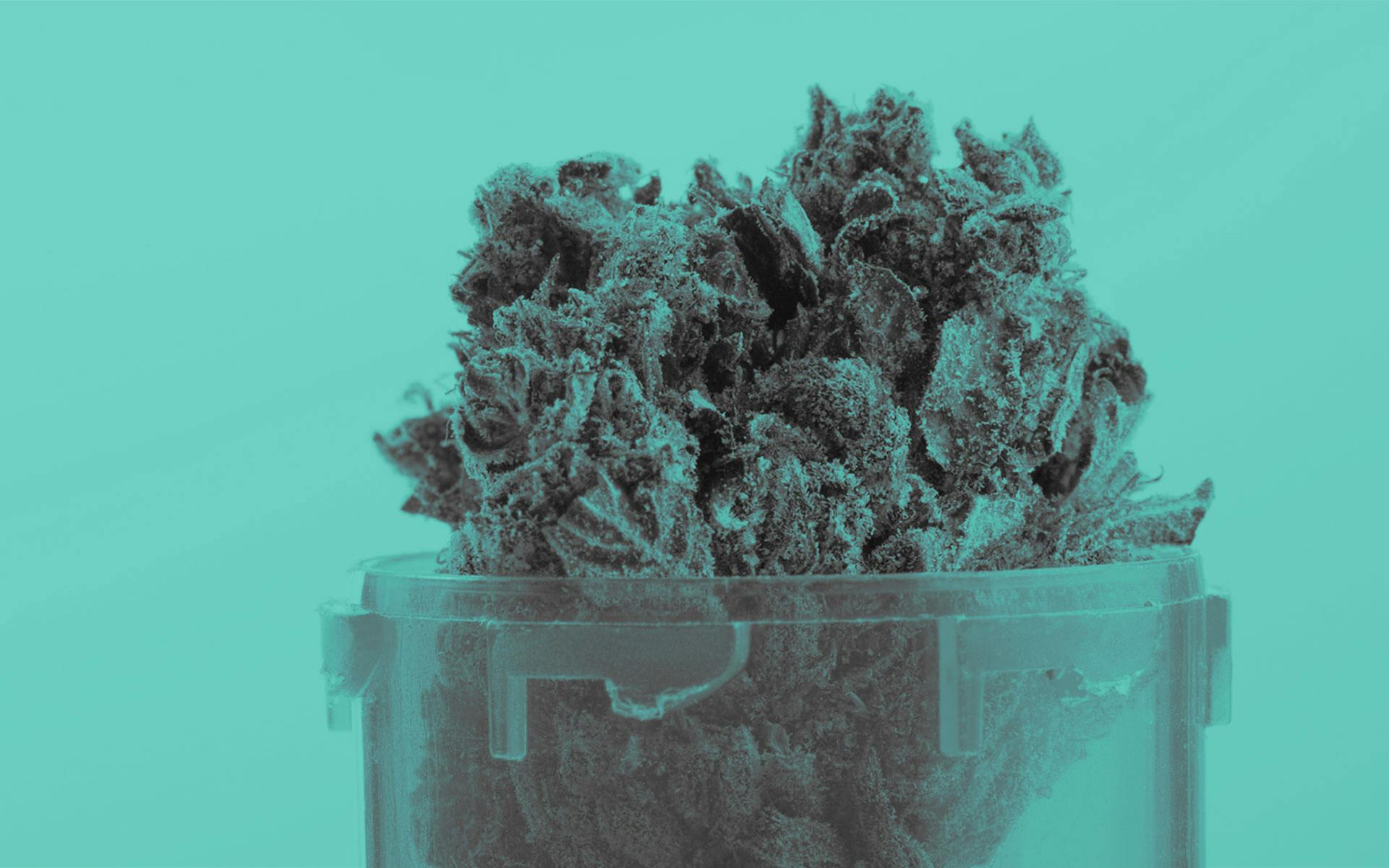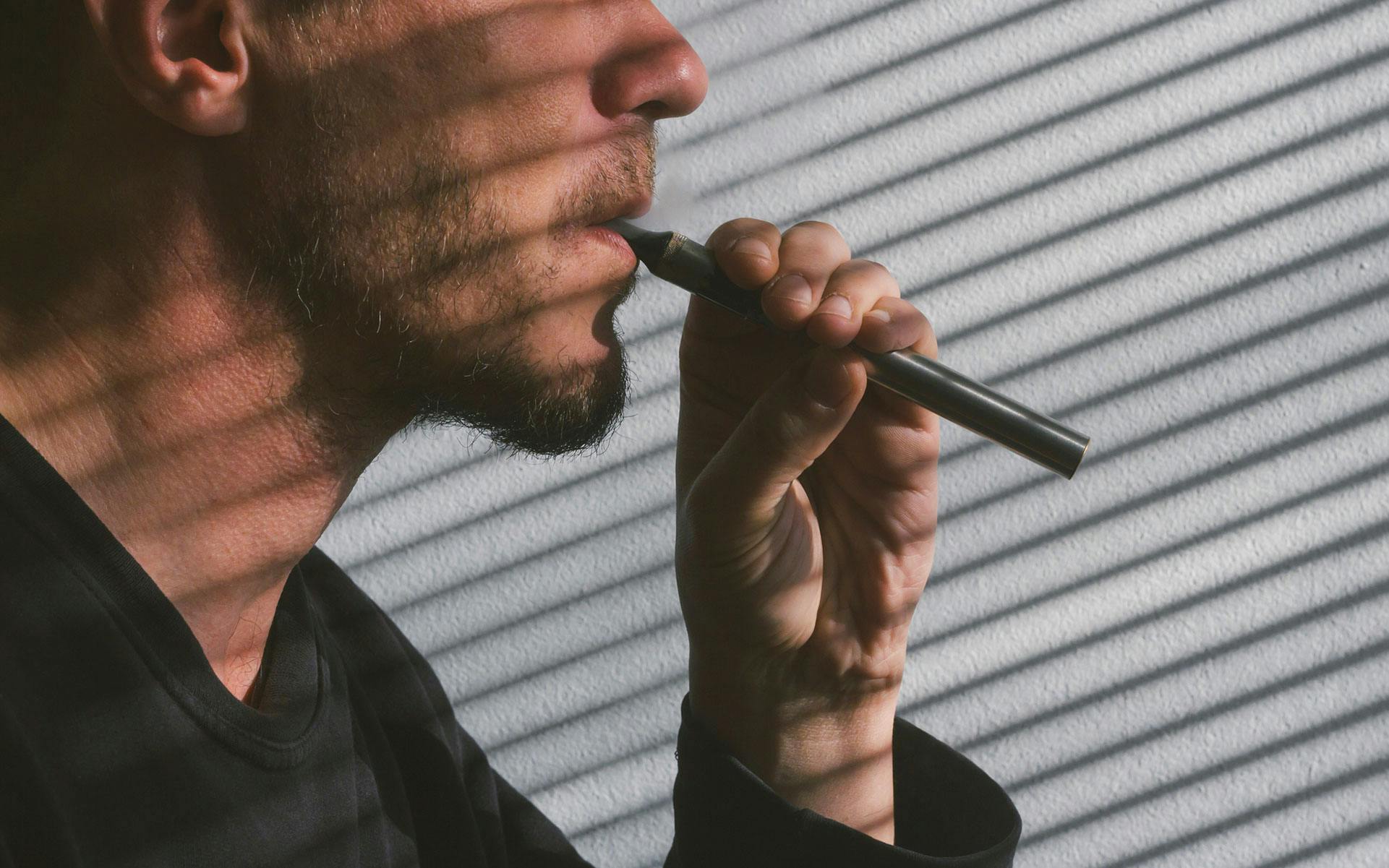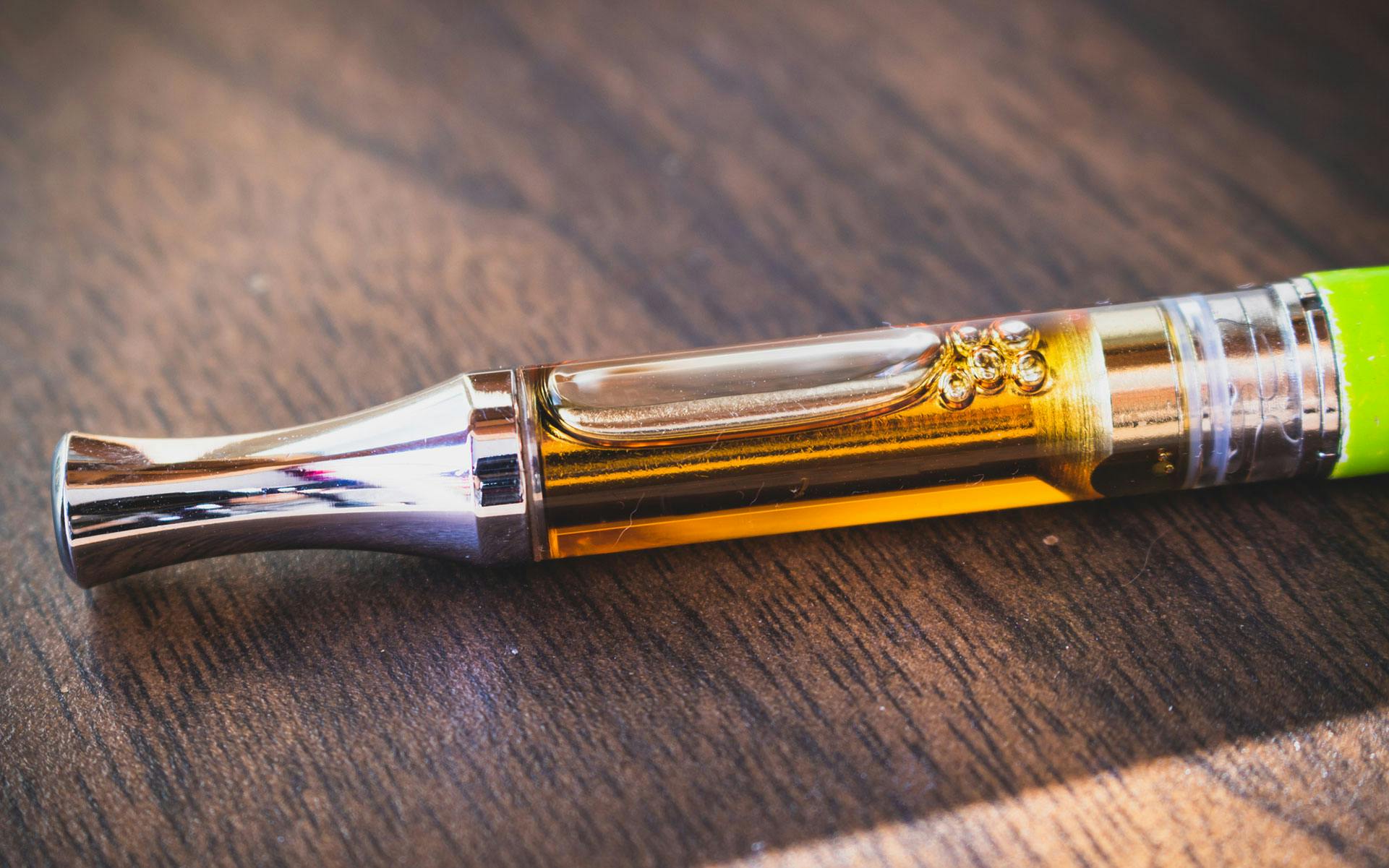Is marijuana legal in Wisconsin?
Current legality status
illegal
Cannabis is illegal under state law.
Marijuana is not legal in Wisconsin. Recreational and medical use are prohibited.
Wisconsin laws are harsh. Possession of any amount of marijuana can result in a misdemeanor conviction, up to six months imprisonment, and a $1,000 fine.
A second possession charge, also of any amount, is a felony and can result in 3.5 years in prison.
It’s worth noting that the city of Madison has instituted a policy of not arresting or prosecuting adults 18 and older for possessing small amounts of marijuana. See “The Madison decrim exception” below.
Paraphernalia charges are misdemeanors, but all other marijuana-related charges are felonies. That includes 3.5 years for the sale of 200 grams or less and 3.5 years for cultivation of four or fewer plants.
Some cities have decriminalized marijuana, but state laws are supreme. Democratic Governor Tony Evers is an advocate for medical marijuana, decriminalization, and expungement of past possession charges, but Republican majorities in the state legislature have blocked his efforts.
Be careful in Wisconsin: one gram can send you away for half a year.
Below is a list of penalties in Wisconsin. Hash is treated as marijuana.
Possession
- First offense: six months, $1,000
- Second/subsequent offenses: 3.5 years, $10,000
Possession with intent to manufacture, distribute, or deliver
- 200 grams or less: 3.5 years, $10,000
- 200 – 1,000 grams: 6 years, $10,000
- 1,000 – 2,500 grams: 10 years, $25,000
- 2,500 – 10,000 grams: 12.5 years, $25,000
- 10,000 grams or more: 15 years, $50,000
Cultivation based on plant number(also considered possession with intent)
- Four or fewer plants containing THC: 3.5 years, $10,000
- Five to 20 plants containing THC: 6 years, $10,000
- 21 to 50 plants: 10 years, $25,000
- 51 to 200 plants: 12.5 years, $25,000
- More than 50 plants: 15 years, $50,000
The Madison decrim exception
In Nov. 2020, the Madison city council voted to decriminalize the possession of small amounts of cannabis. That means anyone 18 or older may possess up to about an ounce without fear of arrest and prosecution.
Note that the sale of cannabis, even very small amounts, remains illegal and you may be arrested and prosecuted for selling.
The Madison exception is effective only within the city limits, and does not override or supercede state law. Cannabis remains illegal everywhere in the state. The city of Madison’s police and prosecutors have simply decided to stop arresting and prosecuting people for small amounts.
Read more about Madison’s policy here.
Wisconsin recreational & medical marijuana legalization efforts
Marijuana politics in Wisconsin are fraught, and not just on party lines. Legalization of medical and/or recreational marijuana would require passage of a bill through the state senate and assembly, both currently led by Republicans. Assembly Speaker Robin Vos supports limited medical marijuana, but Senate Majority Leader Scott Fitzgerald is categorically anti-cannabis.
Democratic Governor Tony Evers is pro-medical marijuana and included a medical program, decriminalization of personal use possession, and expungement of possession convictions in his 2019 budget. Republican lawmakers struck the provisions from the budget.
Not all Wisconsin Republicans are against legalization efforts. In 2017, a Senate Republican and a Senate Democrat paired to introduce a medical marijuana bill. In September 2019, they tried again. The medical program is restrictive, but Sen. Fitzgerald still said it would never pass.
There is broad public support for legalization. In 2018, Wisconsin voters passed pro-legalization referendums in 16 counties and two cities. The referendums are non-binding, but show significant support for both medical and recreational legalization.
A 2019 Marquette University poll showed 83% of Wisconsin voters supported medical marijuana, with 59% supporting recreational use. Some cities have decriminalized marijuana, but police officers have discretion in deciding whether to enforce local or state laws.
The political picture could change drastically after the November 2020 state elections. Democrats are pouring money into Wisconsin this year, with $5 million designated for state races.
Regardless of whether Democrats win new seats, first-term Republicans may listen to voters and move toward medical legalization—especially if Sen. Fitzgerald wins his congressional bid for the US House and leaves the state senate.
Wisconsin cannabis DUI laws
It is illegal to drive under the influence in all states, and Wisconsin is no exception. Marijuana is a controlled substance in Wisconsin. Intoxication is defined as under the influence “to a degree which renders him or her incapable of safely driving” or as having a “detectable amount of a restricted controlled substance in his or her blood.”
Wisconsin tests for Delta-9-THC, an active ingredient in cannabis. “Restricted controlled substance” translates to a concentration of Delta-9-THC higher than one nanogram per milliliter in a person’s blood.
Wisconsin is an Implied Consent state for chemical tests for drugs or alcohol. By driving in the state, you give permission for breath, blood, or urine tests. Refusal to take a test can result in a one-year license suspension.
Penalties for operating a vehicle while intoxicated vary significantly depending on the number of offenses and whether a minor is in the vehicle.
- If no one is harmed, a first offense carries a fine of up to $300 and a license revoked for six to nine months.
- If a minor under 16 is in the car, the fine can go up to $1,100 with a minimum of five days in jail and maximum of six months.
- Depending on the severity of the injury and whether there is a prior offense, “causing injury” while operating intoxicated can put you in jail for a month to 12.5 years.
- If someone dies, the sentence is up to 25 years, or 40 years if it is a subsequent offense.
- There is an additional $435 OWI surcharge on top of listed fines.
Operating while intoxicated penalties:
- First offense: no incarceration; $150-$300 fine; 6-9 months license suspension
- Second offense (within 10 years): no incarceration; $150-$300 fine; 6-9 months license suspension
- Second offense with a prior: 5 days – 6 months incarceration; $350-$1100 fine; 12-18 month license suspension
- Third offense: 45 days – 1 year incarceration; $600-$2000 fine; 2-3 years license suspension
- Fourth offense: Class H felony, 60 days – 6 years incarceration; $600-$10,000 fine; 2-3 years license suspension
- Fifth or sixth offense: Class G felony, up to 10 years incarceration; $600-$25000 fine; 2-3 years license suspension
- Seventh, eighth, or ninth offense: Class F felony, 3-12.5 years incarceration; up to $25,000 fine; 2-3 years license suspension
- 10th or greater offense: Class E felony, 4-15 years incarceration; up to $50,000 fine; 2-3 years license suspension
Common questions about marijuana legalization in Wisconsin
Are edibles legal in Wisconsin?
No. Edibles (such as brownies or gummies) are not legal. Possession of any amount of marijuana or substance with a THC content over 0.3% is a misdemeanor and can result in six months incarceration and a $1,000 fine.
Is Wisconsin a legal recreational state?
No, Wisconsin is not a recreational cannabis state. It’s an extreme prohibition state.
Is CBD legal in Wisconsin?
Yes, CBD is legal in Wisconsin. CBD drinks and food items are widely available.
Is hemp farming legal in Wisconsin?
Yes, hemp farming is legal in Wisconsin. Wisconsin has its own regulation and licensing system for hemp, separate from the federal 2018 Farm Bill guidelines. Similar to the Farm Bill, hemp crops must have a THC concentration lower than 0.3%; those with higher concentrations are burned.
Can you get a medical marijuana card in Wisconsin?
No. Medical marijuana is illegal in Wisconsin.
Is there a compassionate care program in Wisconsin?
No, there is no compassionate care marijuana program in Wisconsin.
Learn more about marijuana legalization in Wisconsin
Here are some additional resources, news, and references for Wisconsin marijuana policy.
Keep up with the latest news about legalization in Wisconsin
Stay current on Wisconsin’s fast-changing laws by bookmarking Leafly politics and signing up for our newsletter.
By providing us with your email address, you agree to Leafly's Terms of Service and Privacy Policy.



